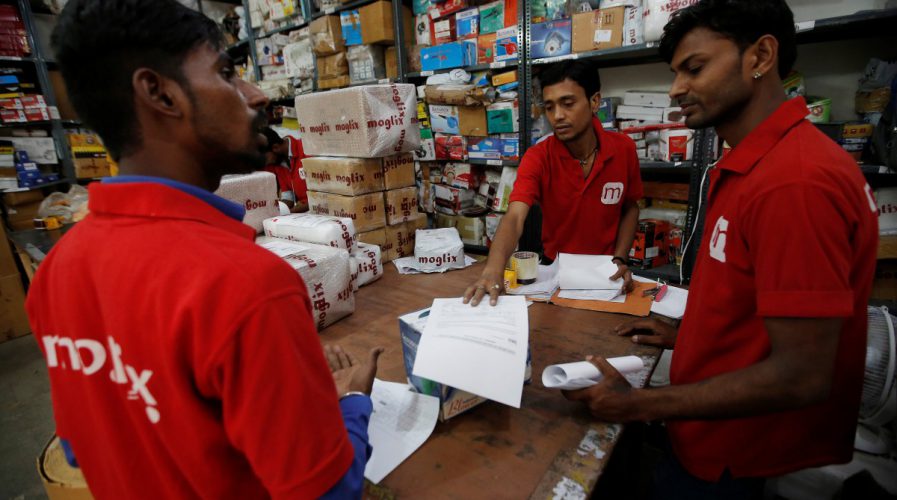
Payoneer will be bringing some much needed relief to India’s low credit card penetration society. Source: Reuters
Payoneer is making international payments easier for Indian SMEs
PAYONEER INC., one of the world’s leading online payment systems, will be launching in India as it works to improve cross-border payment processes for the South Asian country through fast, secure and affordable methods.
In a statement to Entrepreneur, Payoneer CEO Scott Galit expressed his optimism about the payment system’s entry into India. According to the CEO, the addition of Payoneer would make it easier for businesses in the nation to gain access to their earnings, bolstering the potential of Indian enterprises to conduct business transactions with clients and customers abroad.
“At Payoneer, we make it our mission to empower global commerce by enabling businesses and professionals to pay and get paid globally as easily they do locally,” he said.
“Previously, Indian freelancers, online marketers and other professionals faced high fees and slow transfer times, and our cross-border payments platform directly addresses these challenges.”
The arrival of Payoneer would definitely benefit the Asian country’s massive lineup of small and emerging businesses. Cross-border online payments, after all, are among the primary sources of income for many Indian freelancers and enterprises alike.
Embracing challenges is at the heart of #entrepreneurship and #Fintech. Payoneer's Scott Galit showcases this trait https://t.co/ExYUBny4Ks
— Patrick Schueffel (@schueffel) June 21, 2017
Many owners of web stores, for example, depend on online fund transfers to access their earnings. Without services such as Payoneer, Indian enterprises usually contend with conventional remittance systems, which are mostly slower and far less convenient to utilize.
In a lot of ways, Payoneer’s entry into the Indian market comes at the perfect time. The country remains the world leader in terms of remittances entering the country annually. Just last year, India received US$62.7 billion in remittances alone. Back in 2015, India received even more remittances, with US$68.9 billion entering the country over the year.
What makes the introduction of Payoneer to India even more suitable for the country is the fact that the system does not just benefit business owners; the online payment service also benefits the country’s massive consumer base.
Payoneer works with users gaining access to their payments through their online accounts. These funds are either transferred to a user’s local bank, or to Payoneer’s dedicated card that is sent to users when they open an account with the payment service. In a country that has a notoriously low credit card penetration, the availability of Payoneer’s Mastercard would most likely be appreciated by many Indian consumers.

Payoneer users will be able to access credit cards. Source: Shutterstock
The low credit card penetration in India has been an ongoing issue in the country’s banking industry for years. Currently, roughly 24.5 million credit cards are being used in the Asian nation. While this number might not seem so low, the fact that there are 1.3 billion people in the country and roughly 99 percent of Indian households are covered by a bank account means that very few of the nation’s populace actually have access to credit cards.
Considering the country’s recent initiatives in embracing a cashless economy, the arrival of online payment systems such as Payoneer are practically godsent. With the introduction of the popular payment system, SMEs in the country would not only have an easier time selling their services and products to countries beyond India; consumers would also have a far easier time purchasing products and services without the hassles associated with traditional forms of payments like credit cards.
READ MORE
- Safer Automation: How Sophic and Firmus Succeeded in Malaysia with MDEC’s Support
- Privilege granted, not gained: Intelligent authorization for enhanced infrastructure productivity
- Low-Code produces the Proof-of-Possibilities
- New Wearables Enable Staff to Work Faster and Safer
- Experts weigh in on Oracle’s departure from adland




